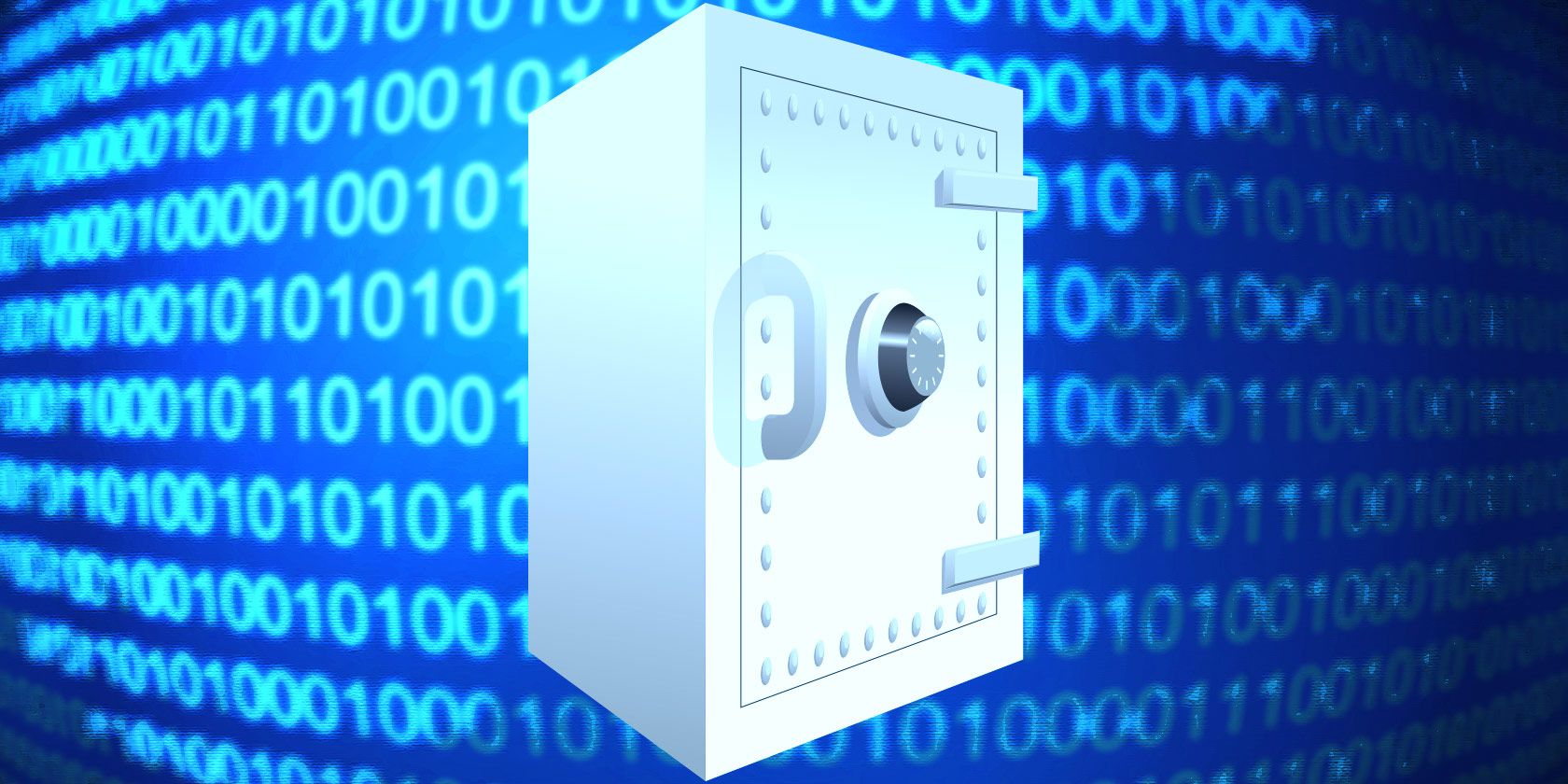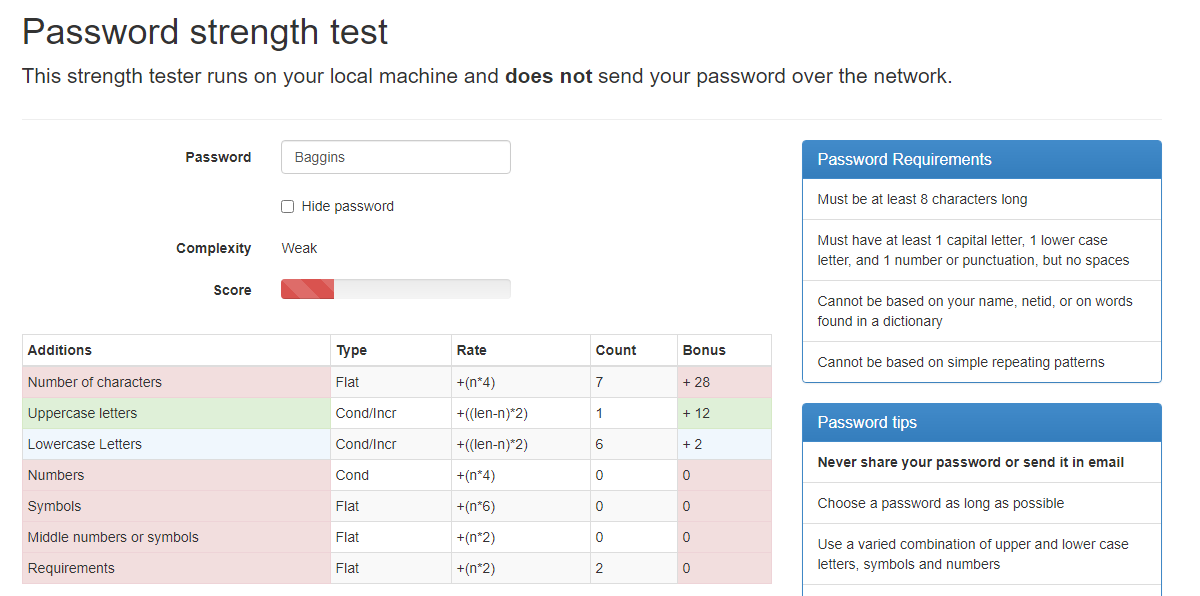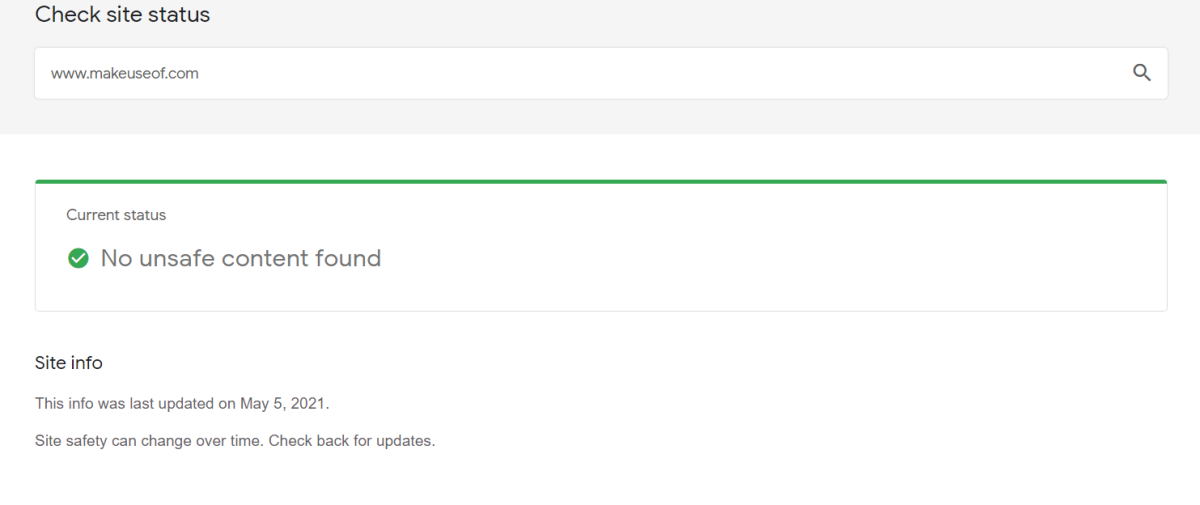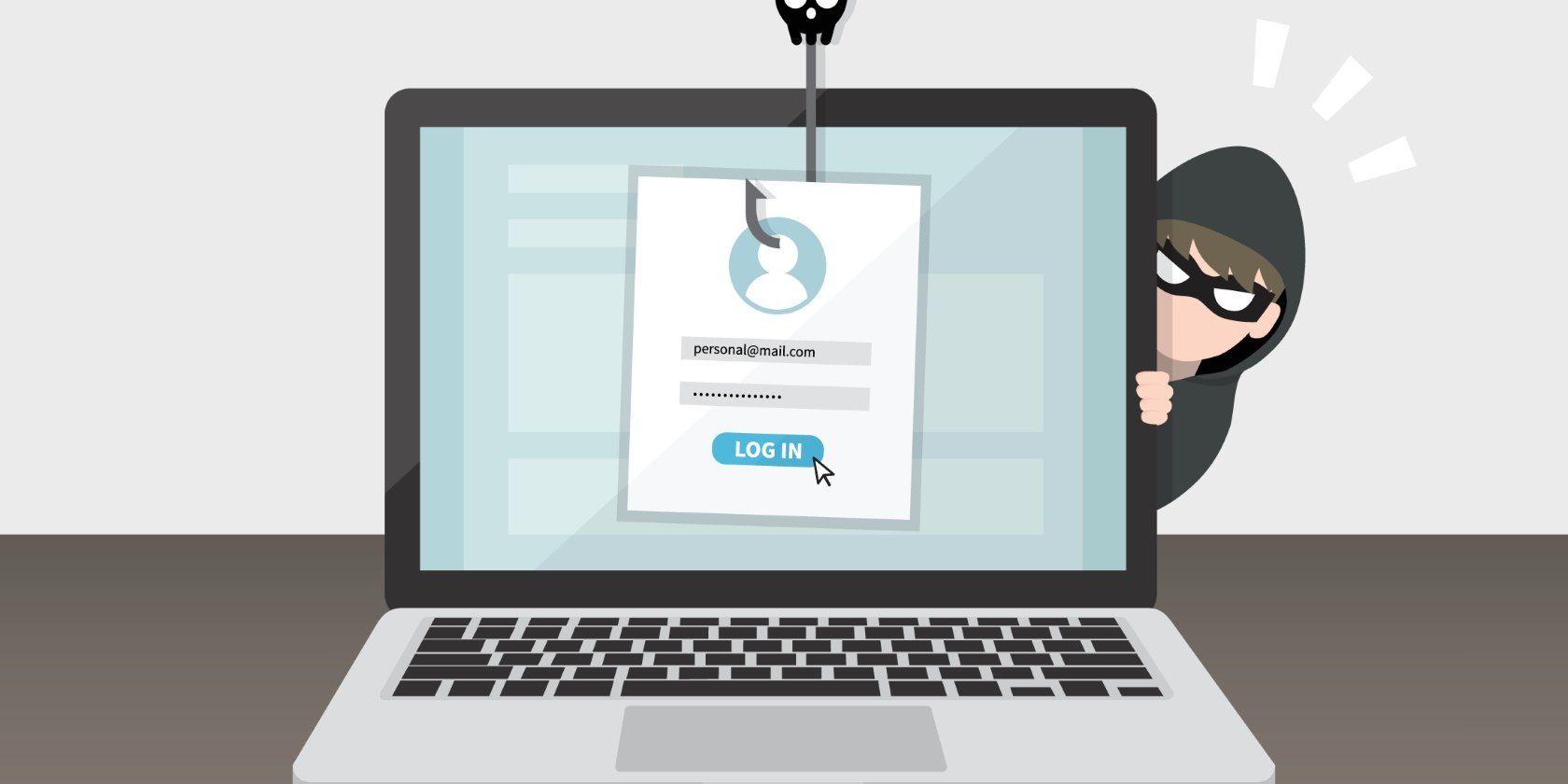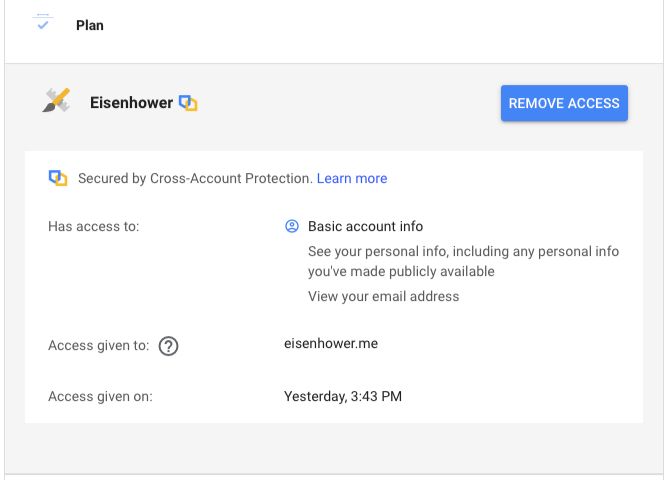Your data may be vulnerable without you even knowing it. It's an unfortunate truth that most people practice bad security habits on a day-to-day basis, leaving themselves susceptible to all sorts of risks.
If you think this doesn't apply to you, it's wise to think again. That's the kind of attitude that leaves you open to attack.
Bad security habits can rear their heads in many ways, so you must remain vigilant to avoid a security disaster. Here are some of the worst habits you can have when it comes to securing your data, and how to change them for the better.
Bad Habit #1: Poor Password Hygiene
One of the most common bad security habits is poor password management. Strong passwords are long, have a mixture of alphanumeric and symbolic characters, include a combination of upper and lower-case letters, and avoid dictionary terms.
Despite this, you might still use bad passwords like "qwertyuiop" or "ilovemydog123", because they are easier to remember. Even worse is using the same passwords across multiple sites, since someone who steals one could try it everywhere else you have an account.
Put a little more effort into your passwords, and you greatly lessen the risk of someone breaking into your accounts. Having passwords that people can't guess, and that are too long to brute-force in a reasonable amount of time, protects you from two common attack vectors.
Because it's extremely difficult to come up with unique passwords for every site and remember them, your best bet is using a password manager. While it takes some work to set up, you should certainly take some time to get started with a password manager.
The initial investment has tons of benefits in the long run. Just keep in mind that you're not bulletproof even with strong passwords, since you have to trust that the service is storing your password securely.
Bad Habit #2: Laziness and Negligence
Moving up a bit from passwords, a common cause of stolen data and compromised accounts is general laziness. We all know that hackers break into systems, that malware exists, that technology is fallible, and that security will never be perfectly airtight.
Yet even though we know all this, many of us never act on these risks. As such, we leave ourselves open to issues.
Don't take anything online at face value. Whenever you visit an untrusted website or download a file, you should always scan to see if said website or file is malicious. This can become tedious, but catching a malicious file before it affects your computer is worth the time. It's way less intensive to scan a file than have to recover all your files because malware wiped them out.
Use websites that check if a link is safe and online virus scanners to review anything you aren't sure about. Never click on a link or ad unless you are sure where it leads.
Don't let laziness creep in when it comes to the security options on your accounts, either. If a website offers two-factor authentication, set it up. It's a bit of an extra hassle, sure, but the massive benefits it provides are definitely worthwhile.
Take the time to look at the specific options for each service you use, as you could be missing out on important options if you don't even bother to check.
Bad Habit #3: Thinking "It Won't Happen To Me"
Naivety is the brother of laziness. While laziness is intentional ignorance, naivety is ignorance that's not on purpose. It's show up in the thought process that says "I've never been attacked and have never lost data. It hasn't happened to me yet, so it probably won't ever happen to me." Does that sound familiar?
This type of thinking can stem from arrogance, too. Maybe you think you're too smart and tech-savvy to fall prey to scams and phishing. You think you're "protected enough," so you begin to lower your guard. Then one day you're hit with ransomware that cripples your computer, and you'll wonder how it happened.
It's smart to keep an anti-malware scanner on your computer, in addition to a standard antivirus. Even if you think you don't need it, getting a second opinion from an app like Malwarebytes is important. In case you slip up and run something dangerous, having a scanner to catch it could save you.
Also, be diligent with keeping backups. When disaster strikes and you lose all your files, what are you going to do? File recovery programs can help, but they don't always work and the results can be wildly inconsistent.
A smarter alternative is to regularly back up your files, ideally to an offsite location like cloud storage. You might never need the backup. But if ransomware encrypts all your family photos, or your storage drive dies, the time you spent making backups (and any money you spent on backup software) will all be worth it in an instant.
Bad Habit #4: Trusting Others Too Readily
While data loss can occur due to technical failures (like a corrupted hard drive), a majority of cases occur at the hands of another person. If you aren't careful, you could end up giving away sensitive data to someone without even realizing it.
Don't trust strangers. When someone unexpectedly asks you for your ID, password, PIN, verification code, or anything else that could be used to unlock further information, it should immediately raise a red flag. Be wary of any email, phone call, or website that tries to solicit this data from you.
A good rule of thumb is that if someone contacts you and asks for security information, it's probably a scam. If you contact them and they ask for verification, it's probably legitimate. This isn't always true (you could be fooled into calling a phony number), but it's a good starting point.
This will help you avoid falling victim to phishing schemes. For example, someone who stole your phone number might try to use it to reset one of your passwords. If they reach out and ask for the confirmation code you just received in a text, don't provide it! Legitimate companies will never ask you for this information in an unprompted manner.
You should also avoid sharing passwords. Do you share your accounts with your friends and family? If so, the risk is always there for one of them to hijack it and steal control. It may not be too devastating in the case of a Netflix account, but you're asking for trouble if you share access to your bank, social media, or email accounts.
If you must share an account, make sure you know how to share passwords safely. You should make it available to as few people as possible and always have a contingency plan in case something goes wrong. "They would never steal my account" is a nice thought, but you can't be fully trusting with your personal info.
Bad Habit #5: Never Doing Checkups and Audits
It's easy to think that security is a one-time process. If you've taken the time to set up a password manager with strong passwords, chose strong security options, and have backup and anti-malware apps running, you might think you're all done. But that's not the case. Security matters are always evolving, so what's great for security today might be insufficient in a year.
You should schedule regular security checkups to make sure that your settings are still set up in the best way possible. Some services, like Google accounts, offer security checkups that walk you through important areas of your account and point out potential issues.
But these aren't the only points you should review on a regular basis. Consider the following as well:
- Review the accounts you have connected to each other. Do you still use and trust all the apps that you've connected to your Google or Facebook account? Remove any connections that are no longer relevant to reduce the exposure surface of your date.
- Check if your accounts have been hacked so you know which passwords you should change.
- Stay updated on the latest security news, so you don't fall victim to a recent scam that you aren't familiar with.
- Update all your apps to avoid vulnerabilities in older versions.
- Review the apps on your computer and phone (along with the permissions they request) and remove any "zombie apps" or those that you no longer use.
In short, don't ever get comfortable with your security practices. You should always check in to fight against the latest threats.
Turn Bad Security Habits Into Good Habits
As you can see, it's often possible to trace poor security habits to issues of attitude. In short, if you want to keep your data safe, you need to exert some effort in taking care of it. This might mean fighting off laziness, being more proactive, and taking stricter precautions.
It's not particularly fun to beef up your own security, but it's way worse to have your data deleted, identity stolen, or accounts hacked.

